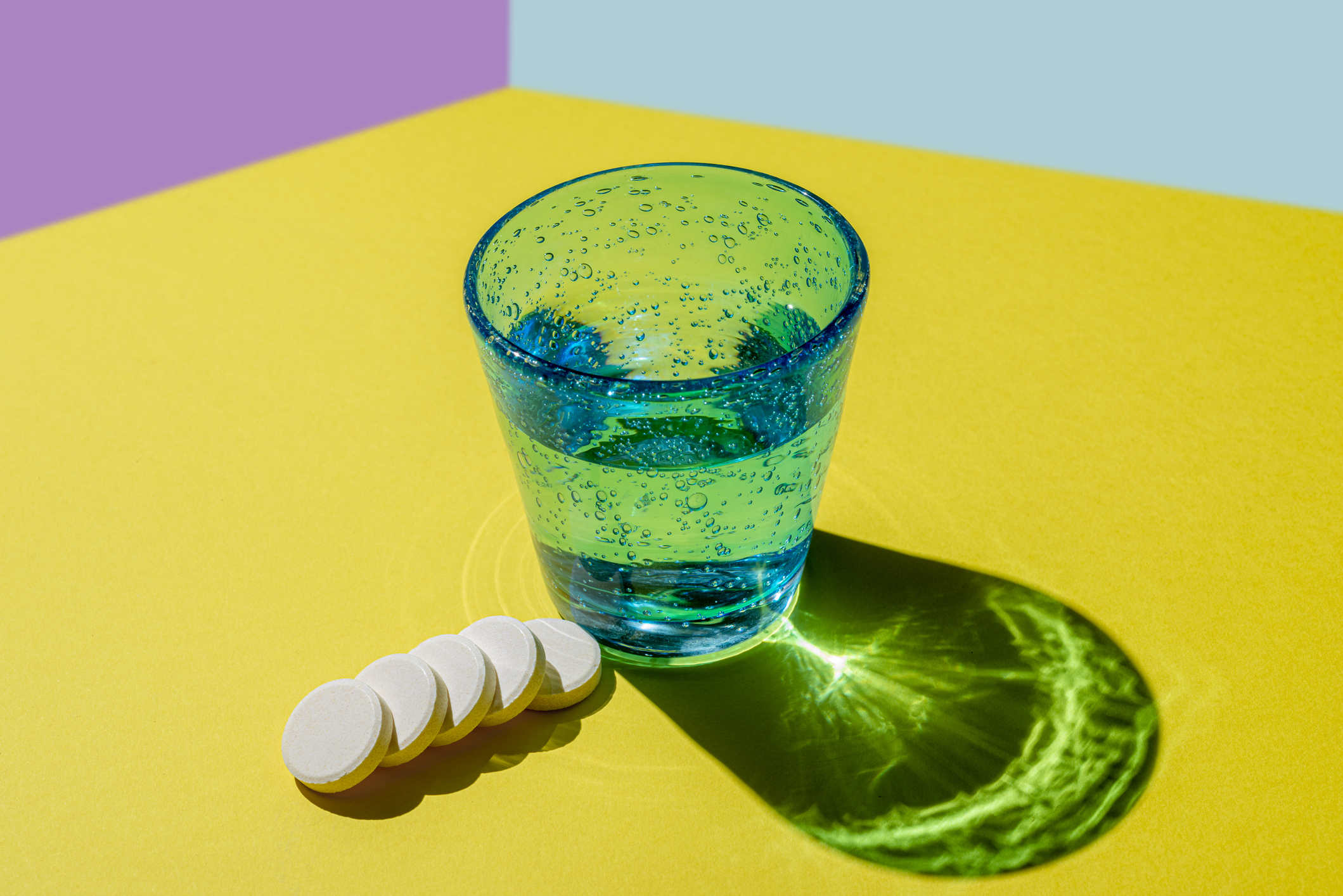There’s no proven cure for a cold, but many people have remedies they swear by when they’re feeling under the weather. (Chicken soup or citrus fruit, anyone?) One common strategy is taking tablets or lozenges that contain zinc, a natural mineral that helps the immune system fight back against bacteria and viruses.
But many experts don’t recommend that people pop zinc tablets at the first sign of a sniffle. Dr. Katharine DeGeorge, a family-medicine physician at the University of Virginia who has studied cold remedies, is one of them. “Some people might benefit,” she says. “But that comes at a cost—a monetary cost, and a risk of adverse events, too.”
[time-brightcove not-tgx=”true”]
Zinc users do have some science to back their decision. Some research suggests that zinc may stop the cold virus from binding to cells in the body and copying itself, potentially shortening the length of an illness. (Some scientists have researched whether zinc has the same effect against other viruses, such as those that cause flu and COVID-19, but there’s not much data to back that hypothesis, says Dr. Roy Gulick, chief of infectious disease at Weill Cornell Medicine and NewYork-Presbyterian.) Adults who start taking roughly 80 mg of zinc per day within 24 hours of getting a cold feel better faster than those who don’t use zinc, some studies suggest.
Read More: 8 Signs You’re in Perimenopause
A recent Cochrane review article affirmed that finding, based on an analysis of 34 previously published studies on zinc and colds. The authors didn’t find evidence that taking zinc proactively can prevent a cold, but they did find some proof that taking it while sick speeds up recovery by about two days.
Fewer sick days sounds great, right? Not so fast, says Daryl Nault, an assistant professor at the Maryland University of Integrative Health and co-author of the Cochrane review article.
She and her fellow researchers rated their results as “low-certainty” because the studies in the review were all over the map, covering different forms and doses of zinc and designed with varying levels of scientific rigor. “We don’t truly have enough evidence to draw a conclusive finding from it,” she says. “At best, we saw that it is possible that it could reduce the average duration of a cold by a couple days.”
But, DeGeorge says, not everyone benefits from taking zinc, and it frequently causes side effects such as an upset stomach, headaches, and a bad aftertaste. Taking zinc in high enough doses for it to be effective—around 80 mg per day, according to studies on the subject—raises the likelihood of experiencing these symptoms, she says.
“At a certain point, you’re replacing the symptoms of your cold” with new ones, Nault says. There may be instances when dealing with those side effects is worth it—if you have a vacation coming up and want to get better before you leave, for example. (In fact, the U.S. Centers for Disease Control and Prevention lists zinc as a potential tool for travelers.) But other times, she says, you may be just as well off hunkering down and riding out your cold symptoms.
Read More: Does Text Therapy Really Work?
People who take very high doses of zinc for a prolonged period of time can also experience a range of complications—including neurological issues and, ironically, getting sick more often. Taking a product marketed for cold relief for the limited period of time you have symptoms shouldn’t put you in danger of serious complications, DeGeorge says, but don’t go overboard. And the Mayo Clinic says never to use nasal sprays that contain zinc, as they can damage your sense of smell. (These products are rare anyway, as the U.S. Food and Drug Administration told consumers to stop using them in 2009.)
Given zinc’s uncertain benefits and potential drawbacks, Gulick says he doesn’t routinely recommend it to his patients. People who want to ease their symptoms are probably better off with over-the-counter drugs such as decongestants and sore-throat lozenges, he says.
DeGeorge also says she typically recommends that people save their money and avoid zinc side effects by focusing on the fundamentals: staying home, getting plenty of rest, and drinking lots of fluids. A cold “is going to go away on its own no matter what you do,” she says. “It’s going to suck for a week, but it’s okay.”

